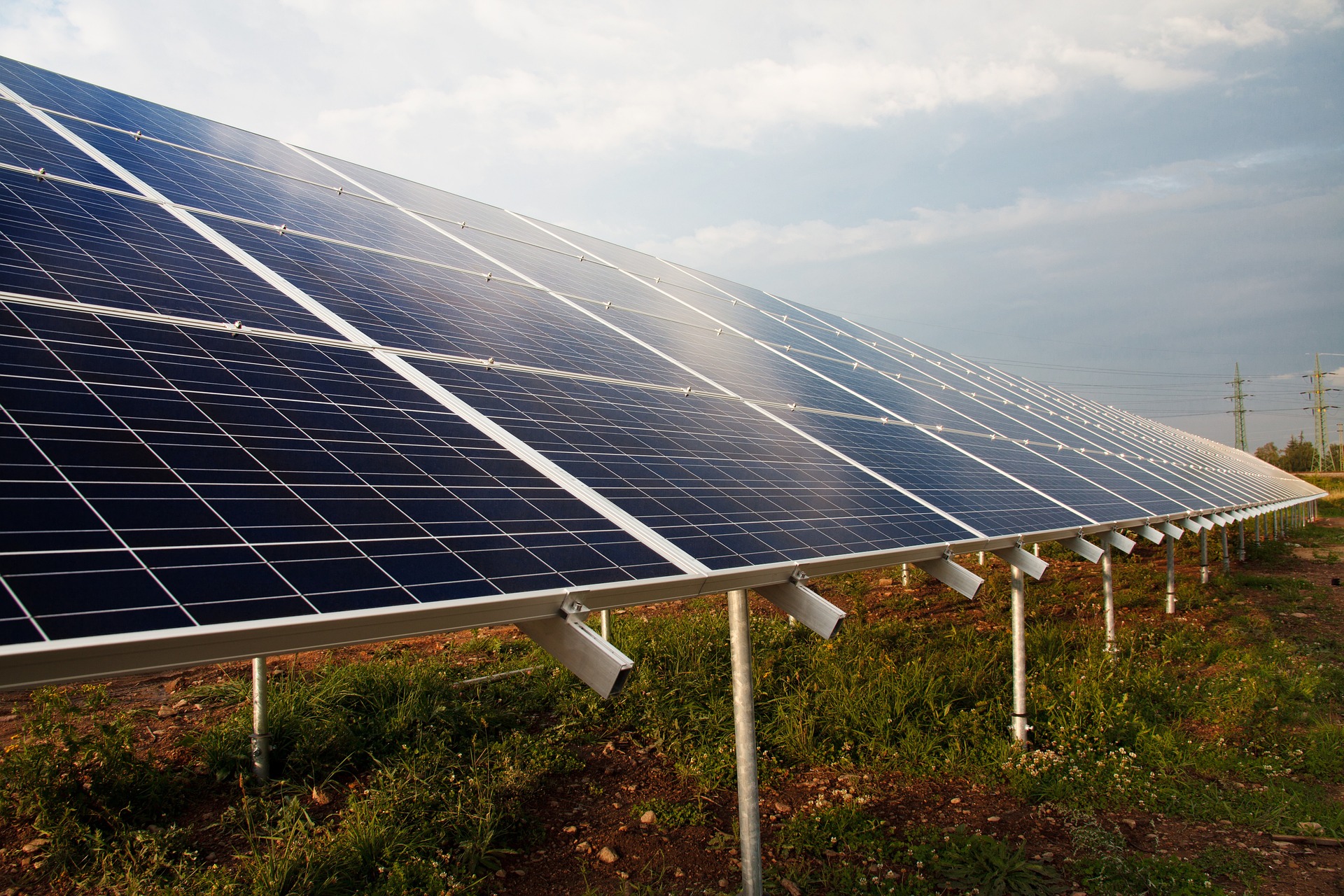There are several benefits to installing a solar system at home, including:
Reduced electricity bills: Solar panels generate electricity from sunlight, which means that homeowners can reduce their reliance on grid electricity and lower their monthly electricity bills.
Environmental benefits: Solar energy is a clean, renewable energy source that produces no greenhouse gas emissions, air pollution, or other harmful pollutants. By installing a solar system at home, homeowners can reduce their carbon footprint and help to protect the environment.
Increased home value: Studies have shown that homes with solar systems installed tend to sell for more than homes without solar systems. This means that installing a solar system can increase the value of a home and provide a return on investment.
Energy independence: By generating their own electricity from sunlight, homeowners can become more energy independent and less reliant on grid electricity, which can be affected by power outages and other disruptions.
Long-term savings: Solar panels have a long lifespan and require little maintenance, which means that homeowners can enjoy long-term savings on electricity bills over the life of the system.
Incentives and rebates: Many governments and utilities offer incentives and rebates for homeowners who install solar systems, which can help to offset the upfront cost of installation.
Overall, installing a solar system at home can provide numerous benefits, from reducing electricity bills to helping to protect the environment. It’s important to work with a qualified solar installer to determine the best system size and design for your specific needs and location.
Solar energy projects can have varying impacts on property values, depending on factors such as the type of project, location, and perceptions of potential buyers. In general, solar energy projects can have both positive and negative effects on property values


Leave A Comment